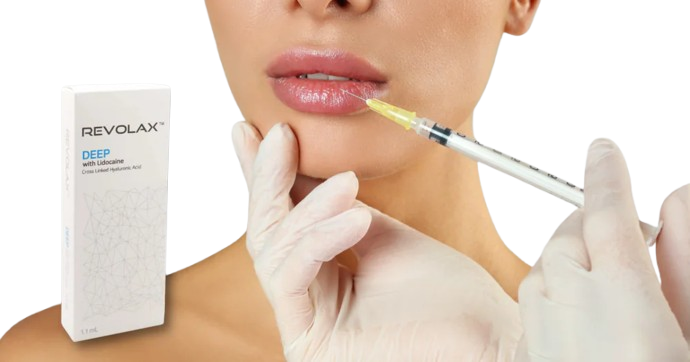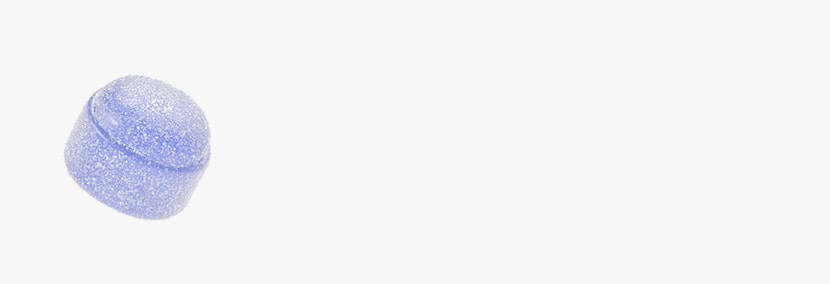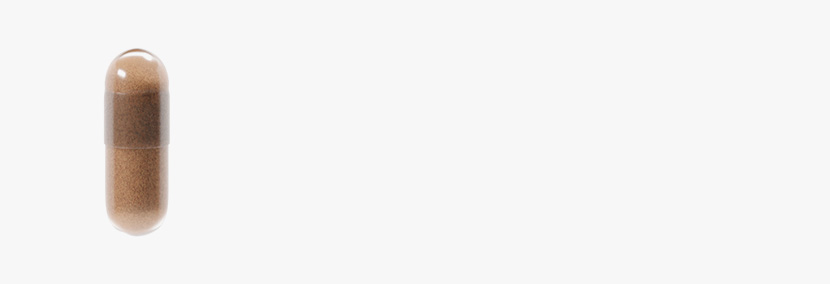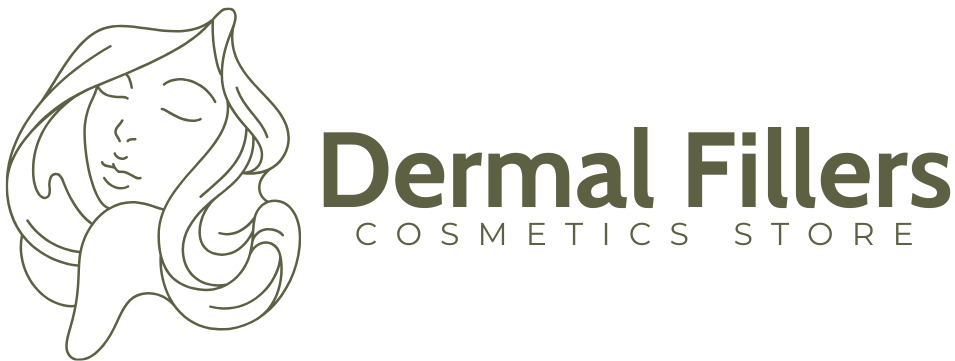Botulax
Is Botulax FDA-Approved?
Jul 21, 2025
In a 2021 review, it was noted that at least six formulations of botulinum toxin have received FDA approval for various neurological and cosmetic uses. Each product has undergone rigorous evaluation to ensure it meets the FDA’s high standards for safety, efficacy, and pharmacological properties. This growing list reflects the rising demand for botulinum toxin treatments and the FDA’s evolving approach to biologics.
One such product is Botulax, a botulinum toxin type A developed by South Korean manufacturer Hugel. Rebranded as Letybo for the U.S. market, Botulax received FDA approval in February 2024 for treating moderate to severe glabellar lines. This approval followed extensive clinical trials and regulatory reviews, marking Botulax as part of an exclusive group of globally recognized neurotoxins.
In this article, we’ll take a closer look at Botulax’s FDA approval journey, clarify its regulatory status, and explore what this means for practitioners and consumers seeking safe, effective alternatives for aesthetic treatments.
Key Takeaways
- Botulax is a botulinum toxin type A product from Hugel in South Korea. While it has approval in several international markets, including South Korea and the European Union, it does not have FDA approval in the United States.
- Botulax’s use in the U.S. violates federal regulations, which may lead to legal risks such as customs seizure, malpractice lawsuits, and sanctions for healthcare providers who use or import it.
- The lack of FDA approval means that Botulax cannot be legally marketed or used in clinical settings in the U.S., making it a high-risk option for practitioners and patients looking for safe and compliant treatments.
- Despite its regulatory limitations, Botulax is gaining popularity in international markets due to its affordability and comparable performance to FDA-approved botulinum toxin products, with many practitioners reporting positive patient outcomes.
- Clinics in the U.S. should use FDA-approved injectables to ensure patient safety and comply with legal standards, as the risks associated with using Botulax are significant.
About: Trusted by over 2,000+ global clients since 2014, Maylips has become a leading supplier of cosmetic, skincare, and orthopedic products for medical and aesthetic professionals. Maylips offers a wide range of authentic brand-name products at competitive wholesale prices, sourced from around the world. If you’re looking to buy Botulax online, contact our sales team for guidance.
Botulax FDA Status & U.S. Regulatory Context
Botulax, manufactured by Hugel in South Korea, has not received FDA approval for cosmetic or therapeutic use in the U.S. Unlike other FDA-approved botulinum toxin products like Botox, Dysport, Xeomin, and Jeuveau, Botulax has not completed the FDA’s New Drug Application (NDA) or Biologics License Application (BLA) process.
This lack of approval means that the importation, sale, or administration of Botulax in the U.S. is in violation of federal regulations and may result in significant consequences, including fines, product seizures, or other sanctions. For patient safety and to comply with U.S. healthcare laws, clinics should use only FDA-cleared injectables.
Botulax International Approvals: MFDS, CE, Other Markets
While Botulax does not have FDA approval, it has regulatory clearance in several international markets. These approvals vary in terms of safety, efficacy, and distribution standards, but they do not imply that the product is legally accepted for use in the U.S.


Here’s a breakdown of Botulax’s regulatory status in different regions:
- South Korea (MFDS): Approved for both aesthetic and therapeutic use based on controlled studies that confirmed safety and effectiveness.
- European Union (CE Certification): Compliant with EU health, safety, and environmental standards, allowing distribution within Europe but not for use in the U.S.
- Other Markets: Available in select countries across Southeast Asia, Latin America, and the Middle East, where it adheres to varying local regulations.
Each of these approvals highlights Botulax’s growing global presence but underscores the distinction between its use abroad and the lack of approval in the U.S.. Understanding these differences is critical for clinics, distributors, and patients who are navigating the complexities of international treatments.
Botulax Use in the U.S.: Legal & Professional Considerations
Using or offering Botulax in the U.S. is not only legally risky, but it also carries professional and ethical concerns. Since the product is not FDA-approved, any use for cosmetic or medical purposes is considered off-market and unauthorized. Here are the key legal and professional risks:
- Importation Risk: Clinics or individuals importing Botulax may face customs seizure or FDA investigation, which can cause significant disruptions to business operations.
- Liability Exposure: Using an unapproved injectable exposes practitioners to potential malpractice lawsuits and disciplinary action from licensing boards.
- Insurance Issues: Malpractice insurers may deny coverage for claims related to unapproved products like Botulax, leaving practitioners vulnerable to out-of-pocket expenses.
- Professional Licensing: State medical boards may impose sanctions or even suspend licenses for using unauthorized products.
- Patient Safety: Without FDA oversight, there’s no assurance that Botulax meets the same standards for product quality, sterility, or manufacturing consistency as FDA-approved injectables.
For healthcare professionals in the U.S., it is strongly advised to use FDA-approved products for injectables to remain compliant with legal standards and ensure patient safety.
Botulax Market Trends & Practitioner Perspectives
In markets where it is legally distributed, Botulax is gaining popularity due to its affordability and comparable performance to FDA-approved botulinum toxins. Many international practitioners report positive patient outcomes with Botulax, especially for mild to moderate cases.


However, its lack of FDA approval remains a significant concern for U.S. practitioners who are cautious about sourcing and safety protocols. Despite the positive feedback abroad, Botulax’s unregulated status in the U.S. prevents many American professionals from using it in clinical settings.
Here’s a breakdown of global practitioner perspectives:
- Affordability: Practitioners see Botulax as a cost-effective alternative for clinics managing tight budgets, offering comparable results to higher-priced brands.
- Consistency: Practitioners report reliable results as long as they obtain and use Botulax from certified distributors.
- Patient Satisfaction: The effects of Botulax are comparable to more expensive U.S. brands, making it an attractive option for patients looking for budget-friendly treatments.
- Regulatory Caution: Many U.S. clinics avoid Botulax due to its lack of FDA approval and the associated compliance concerns.
Despite these challenges, Botulax continues to expand in international markets, with guides like the Botulax 100 instructions helping standardize application techniques. However, U.S. professionals must exercise caution when considering this treatment option.
Conclusion
Botulax has made significant strides internationally, gaining approval in markets like South Korea, the European Union, and other regions. However, it remains unapproved by the FDA for use in the U.S., making its importation, sale, or administration a violation of U.S. regulations.
While it shows promise abroad, Botulax has not yet met the rigorous safety and efficacy standards required for FDA approval in the U.S. Until it does, U.S. practitioners are advised to avoid using Botulax for cosmetic or medical treatments. They should stick to FDA-approved alternatives to ensure patient safety and legal compliance.
FAQs
1. Is Botulax approved by the FDA?
No. Botulax does not have FDA approval. Because of this, healthcare professionals in the United States cannot legally market or use it for aesthetic treatments.
2. Can I buy Botulax in the U.S. legally?
No. Importing or purchasing Botulax for personal or professional use in the U.S. is not allowed under FDA regulations.
3. What countries have approved Botulax?
Botulax has regulatory approval in South Korea. It also has CE certification for use in parts of Europe and other select regions.
4. Is Botulax safe to use?
International studies show Botulax is generally safe when administered properly, but the FDA has not confirmed safety in the U.S..
5. Why is FDA approval essential?
FDA approval ensures that a product meets strict standards for safety, efficacy, and manufacturing quality before clinicians in the U.S. can use it.
6. Are there FDA-approved alternatives to Botulax?
Yes. FDA-approved alternatives include Botox, Dysport, Xeomin, and Jeuveau, all of which are available through licensed U.S. providers.
7. What should I ask before getting any injectable?
Ask about the product’s FDA approval status, where it’s sourced, and if the provider is licensed to perform the treatment.
Talk with our sales representative.
Book a Meeting
References
Choudhury S, Baker MR, Chatterjee S, Kumar H. Botulinum toxin: an update on pharmacology and newer products in development. Toxins. 2021;13(1):58. doi:10.3390/toxins13010058
Frevert J, Ahn KY, Park MY, Sunga O. Comparison of Xeomin® to botulinum neurotoxin type a formulations in Asia. Toxicon. 2018;156:S37. doi:10.1016/j.toxicon.2018.11.090





